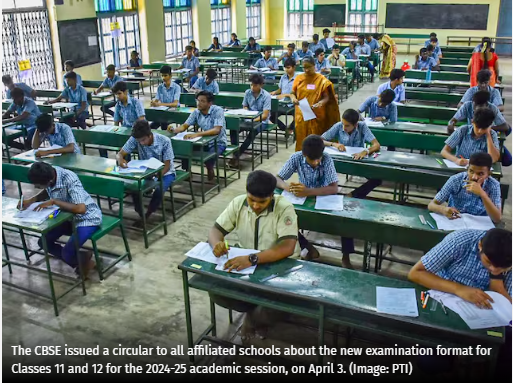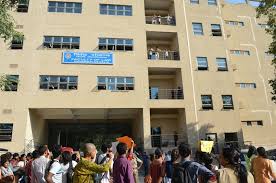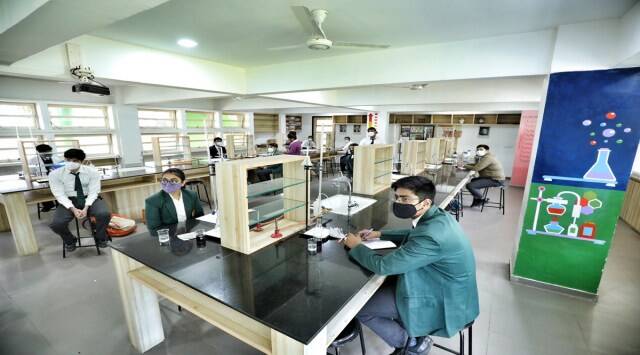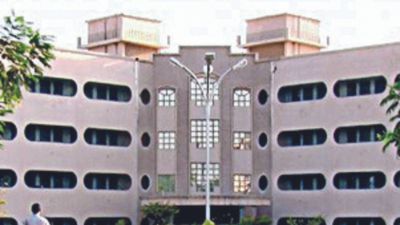
Apr 07, 2023
To fight fear of maths, NCF looks beyond numbers
NEW DELHI: The National Curriculum Framework (NCF) for school education proposes to integrate the study of mathematics with arts, language and sports education in a multi-disciplinary approach to take on several challenges like fear of the subject, failure to achieve foundational literacy and numeracy and “some unfortunate practices” that discourage many girls from pursuing the subject.
Stating that “when taught well, mathematics is truly enjoyable and can become a lifetime passion”, the document elucidates stage-wise teaching of the subject, starting with the foundational stage as “focus shifts to development of concepts such as numbers, basic operations (including multiplication and division), shapes, and measurement”. In the next stage, emphasis moves towards abstracting some of the concepts learned in the preceding stage in order to make them more widely applicable and finally at the secondary stage where the focus shifts to developing the ability to justify claims through logical reasoning.
Commenting on the specific objective of mathematics education at school level, the draft NCF mentions about developing capacities such as finding patterns, making conjectures, justification with logical reasoning, problem solving, computational thinking, conceptual and procedural knowledge of numbers, geometry, algebra, probability, and statistics.
Noting that mathematicians often refer to the subject as more of an art than a science, it states that “mathematics education too therefore must aim to develop in students that sense and appreciation of creativity, beauty and elegance of mathematics…” as it recommended integrating the subject with other curricular areas such as arts, sports and language. Reasoning the two major aspects for fear of mathematics, the document says that the fright is due to the nature of the subject and how it is taught as well as societal perceptions and expectations.
“Most of the assessment techniques and questions focus on facts, procedure and memorisation of formulae. However, the assessment should focus on understanding, reasoning, when and how a mathematical technique is to be used in different contexts is important,” it says, adding that prevalent perception which sees girls as incapable of understanding mathematics or association of formal computational abilities with the upper castes causes fear and anxiety among students. “We need to break that belief that exists in society,” it says.
The document has defined specific curriculum goals in modular form for each stage of learning and suggested five ways of teaching — activity-based, discovery/inquiry-based, problem-solving, inductive and deductive methods. It also recommends multi-level and remedial teaching. The National Steering Committee has suggested both formative and summative assessments.
For the junior level, it suggested monthly summative assessments, while for secondary stage quarterly assessments (oral, written, activity, projects etc) with a weightage of 80% to written and 20% to projects.
Recent News

NTA COMPILATION JUNE 2024
Posted 9 months ago

CBSE Changes Year-end Exam Format for Classes 11, 12; Weight...
Posted 11 months ago

Faculty of Law, Delhi University introduces five-year integr...
Posted 1 year ago

NCERT drops periodic table chapter from Class 10 science tex...
Posted 1 year ago

Now, humanities students can pursue BTech in CSE
Posted 1 year ago
